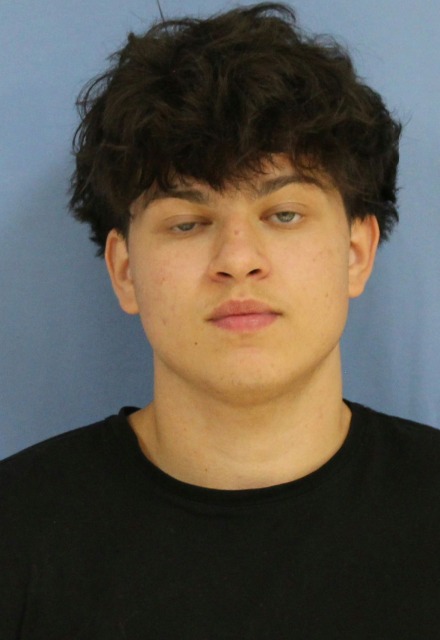Candidate spotlight: Lewis urges data-driven change
Published 8:56 am Wednesday, September 23, 2020

- Nghana Lewis
|
Getting your Trinity Audio player ready...
|
*Editor’s note: Division B candidate Leandre Millet will be featured in the next Wednesday edition of L’OBSERVATEUR.
LAPLACE — Nghana Lewis, candidate for Division B District Judge in the 40th Judicial Court, hopes to use her experience as a researcher to fuel data-driven change in the St. John the Baptist Parish community.
Lewis has 12 years of litigation experience in state and federal court. Her wide-ranging practice has covered criminal defense, labor and employment, civil rights litigation, family and juvenile court matters, and much more. Lewis has also served as a law clerk, an experience that gave her clear understanding of the administrative duties of a judge.
Trending
“My knowledge of the law is broad, which is important for a judge to make informed, fair and impartial decisions. I continue to study the law and to remain abreast of the most current decisions,” Lewis said.
Lewis added that taking on the role of judge would extend and amplify the work she is already doing in the community. She is committed to working with other offices of the court, governmental agencies, faith-based organizations and community members.
Lewis’ experience as a researcher at the university level led her to study the incidence rate of HIV among black women and girls in Louisiana. She has also been part of a number of community-based partnerships with K-12 institutions.
If elected, Lewis will bring a focus on youth services to the bench.
“Many of the young people in our communities simply are not equipped for success, and because they lack the tools to succeed, we cannot be surprised when they engage in activity that young people shouldn’t be engaging in and serving as threats to our community instead of functioning as assets,” Lewis said. “The court can play a pivotal role, not only in making sure that young people are held accountable, but also in fostering the development of services, partnerships and relationships to facilitate crime prevention and intervention.”
Lewis stated that families face a multi-faceted set of challenges, not only in St. John Parish, but also across the country.
Trending
“Where there is evidence that a family unit is not as strong as it could be, we need to identify what the challenges are and service that family,” Lewis said. “We don’t collect data right now on our families in the systematic way that I think we should.”
Lewis proposes working with teachers to develop a data set on a child’s strengths and weaknesses around skills such as conflict resolution. Once a child enters the criminal justice system, Lewis suggests using a combination of heat maps, A-scores and BAGs data to evaluate the child.
Heat maps show which areas in a community are most associated with violent crime. Meanwhile, an A-score evaluates adverse childhood experiences and BAGs measures behavior, absences and grades.
“This could give us a much more realistic profile of the child to make a course of action to service the child while he or she is being held accountable for the criminal conduct,” Lewis said.
Technology and efficiency have been prevalent areas of concern among candidates for the 40th Judicial District Court. While COVID-19 has forced the court to quickly modernize in some areas, Lewis said the budget needs to be examined to ensure everything is in place to operate the court on a 21st Century model.
Lewis also believes a case management system should be in place to help judges assess why a particular case isn’t progressing at the rate it should be when compared to cases of a similar nature.
Lewis believes an effective judge should have patience, knowledge of the law, a profound and instinctive understanding of the need to respect all people, and a commitment to serving the community.





